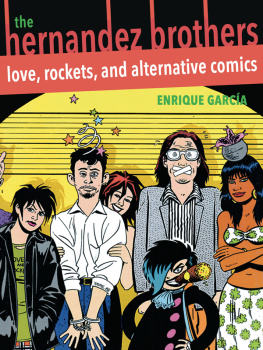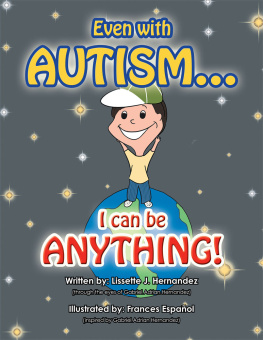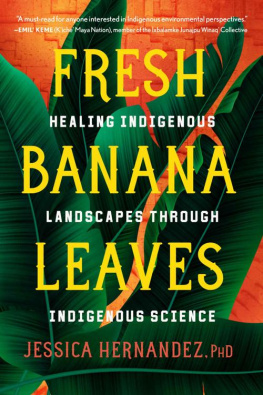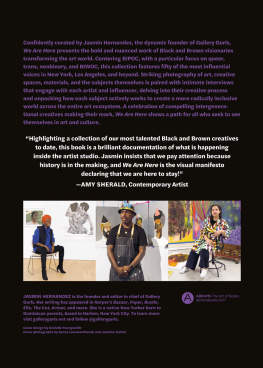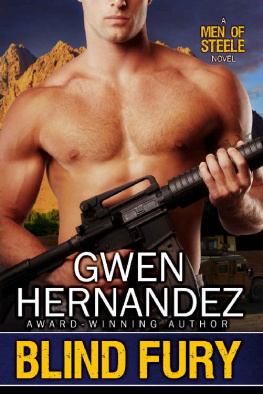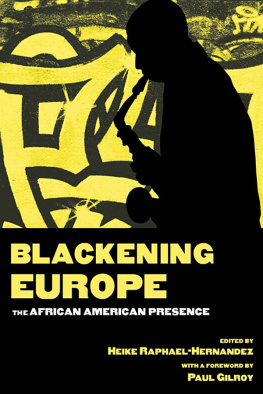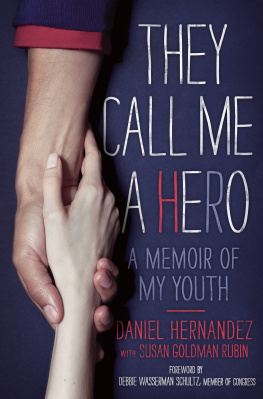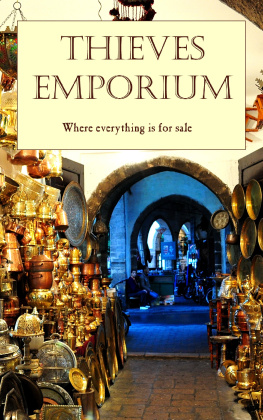Published by the University of Pittsburgh Press, Pittsburgh, Pa., 15260
Copyright 2017, University of Pittsburgh Press
All rights reserved
Manufactured in the United States of America
Printed on acid-free paper
10 9 8 7 6 5 4 3 2 1
Cataloging-in-Publication data is available from the Library of Congress
ISBN 13: 978-0-8229-6492-6
ISBN 10: 0-8229-6492-9
Cover illustration courtesy of Fantagraphics Books, Inc., used with permission of the artists
Cover design by Joel W. Coggins
ISBN-13: 978-0-8229-8292-0 (electronic)
To Nikolina Dobreva,
my support and inspiration.
preface
My Poison River Fiasco
THE FIRST TIME I read any work by Gilbert or Jaime Hernandez, I was completing my PhD in comparative literature at the University of Massachusetts Amherst in 1999. I was taking a graduate survey class on twentieth-century Spanish American fiction that included canonical pieces by Gabriel Garca Mrquez, Julio Cortzar, and other greats. My professor had chosen Toms Riveras novel...y no se lo trag la tierra and Gilbert Hernandezs graphic novel Poison River to represent Mexican American/Chicano/Latino narratives. At the beginning of the semester, all the students in the class had to choose a book to discuss and present in class, and I selected Poison River because I have always been an avid comic book reader, fan, and collector and was excited to be able to discuss graphic fiction at an advanced graduate level.
After I bought my copy of Poison River at the beginning of the semester, I began to read it out of curiosity but could not stop until I finished the entire text several hours later. I was astonished by the book because of the quality of Gilbert Hernandezs art, the complexity of his narrative, the subversive nature of the text, and the epic ambition that only a few master comic creators like Alan Moore or Osamu Tezuka could achieve. I think discovering Poison River redeemed my faith in comics, but also in academia because myprofessor, Luis Marentes, was brave enough to place a Latino graphic novel in his canonical survey.
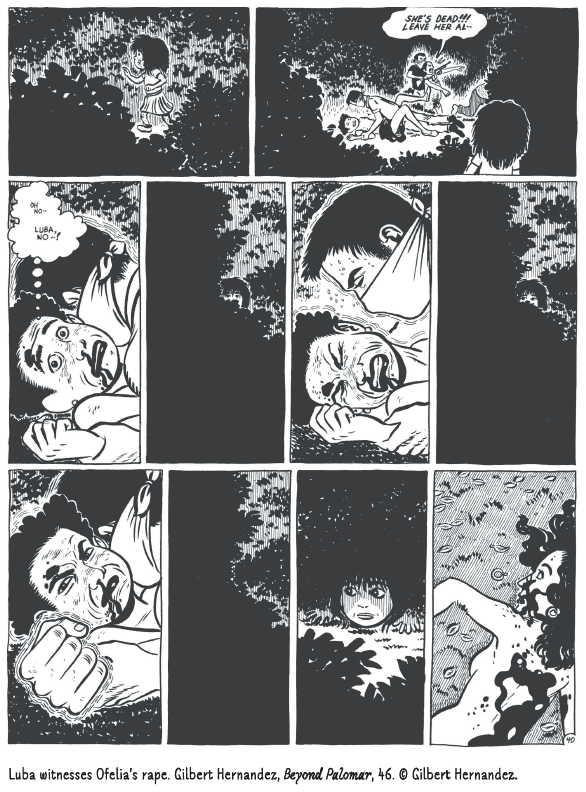
As I was preparing for my presentation, I found out that what I was reading in Poison River was not a graphic novel with original content, but mostly a reprinting (with some additional new pages) of a storyline that had previously appeared in the Hernandez brothers alternative comic anthology Love and Rockets. Before my presentation, I went to the alternative music stores in Amherst to buy more of Los Bros Hernandezs previous work because I wanted to know more about their visual style and how it developed through the years. As I began to figure out the complexity of Gilberts Palomar stories, I thought it was too much material for my presentation and decided to introduce just some basic elements of the Love and Rockets anthology and keep most of my discussion limited to Poison River, the text assigned for class discussion.
The day of my presentation finally arrived. Very enthusiastic, I provided visual examples of Gilbert Hernandezs art, explained the visual and narrative devices he used to tell his story, and talked about how these differed from the narrative tools used by the other prose writers we had discussed in class. When the discussion was opened to the other students, They also thought the narrative was misogynist because of Gilbert Hernandezs visual portrayal of Lubas enormous breasts.
The professor
One of the problems I noticed in the discussion was that most of the graduate students were not familiar with comic book narratives, the intricacies of their language, and the difference between funny strips for children and graphic novels for adults. The whole class had been designed to teach and appreciate narratives written in prose, and suddenly this Poison River text had a different method of narration, abounded in intertextual references, and was infused with American/Latino/Chicano sensibilities that functioned similarly toyet differently fromthe canonical storytelling promoted in traditional Hispanic nation-states. I believe that most of the students reactedbadly to the abrupt shift in narrative from an aesthetic, formalistic, and ethnic point of view, which made me realize that I needed to incorporate a different approach when teaching Los Bros Hernandezs work in my own classes.
Interestingly, Gilbert Hernandez satirized the existing widespread ignorance about comics in the segment Venus Tells It Like It Is. while damaging the mediums prestige but affirms his belief in the potential of a medium that has often been associated solely with childrens fantasies.
When I was asked to contribute an entry to the Contemporary Latino Writers and Directors series, I jumped at the opportunity to write an introductory book to Los Bros comic book masterpieces. My main goal is to write a book that is accessible enough to entice non-comic readers interested in finding out more about the Hernandez brothers work while providing compelling discussion points to fans who have read all their work several times and who know every single detail about their characters. It is very important to note here that, although I am a fan of Gilbert and Jaime Hernandezs work, I will address their most criticized aspects (exploitative and sexualized storytelling) in addition to what are generally perceived as their strengths (artistic values, narrative ambition, original ethnic and gender representations).
acknowledgments
FIRST AND FOREMOST, I want to thank the Hernandez Brothers for their amazing body of work, and to Gilbert and Jaime in particular for granting me the personal interview that gave center and direction to this book. My sincerest gratitude goes to Frederick Aldama for starting this series and supporting me throughout the project. I am also very indebted to him as a model in work and life. Your energy, commitment, and inspiring research have always kept me going. Gracias, mano! Another formative influence who has had a direct bearing on this book has been my professor and friend Luis Marentes. Your classes, your comments on my graduate projects, as well as our endless discussions then and now on anything from arts to world politics, have been instrumental to my development as a scholar, as have been your transnational approach to Latin American studies and your openness to nonstandard topics. Most importantly, I first encountered and fell in love with the work of Los Bros Hernandez in one of your classes.
introduction
LOS BROS HERNANDEZ are a collective of sibling Latino comic book artists (Mario, Gilbert, and Jaime) who have been very influential in the American comic book industry. Born to a humble Mexican-American family in Oxnard, California, the brothers have taken an interesting career path to develop into the artists they are today. Their seminal experimental anthology Love and Rockets is their most important achievement, as it is one of the longest-running titles that has survived on the ever-changing comic book market, and is the text that fully demonstrates their artistic maturity. With this work, they have been able to experiment with comic book narrative techniques, which has earned them a loyal fan base and the respect of their peers in the industry as well as that of mainstream critics.
Gilbert and Jaime Hernandez, the main subjects of this book, are arguably two of the most influential U.S. Latino comic book artists of all time. They self-identify specifically as Latino artists (of Mexican American descent), and their collective work includes masterpieces such as Gilberts

